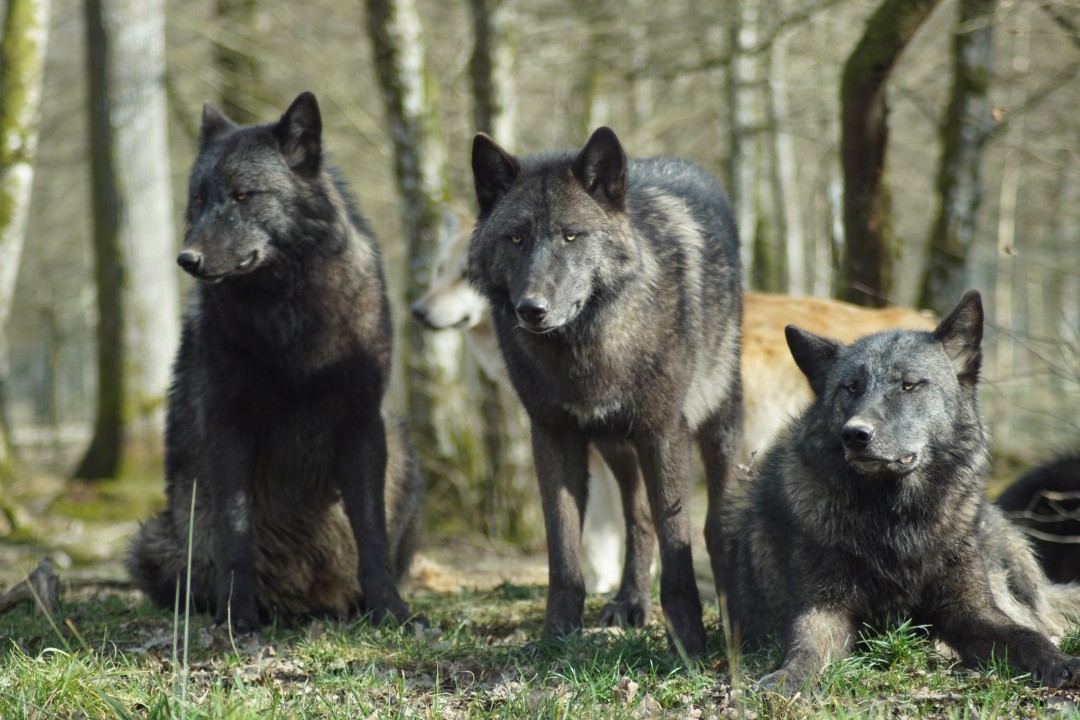
Being an Alpha is Not a Leadership Strategy
Alpha definition:
- (of an animal) having the highest rank in a dominance hierarchy:
- being the most dominant, powerful, or assertive person in a particular group.
Like most, I thought that wolves organized themselves in packs with one alpha, the strongest and most dominant wolf. I thought this until last year when I attended a zoo field trip. I was kindly disabused of this notion by a friendly zookeeper. While viewing a pack of majestic wolves, I shot up my hand, beating out the group of 10 year old's with my burning question: how do wolves decide who is the alpha?
The zookeeper, ignoring my over-eagerness, explained to us that the concept of alpha is actually poorly understood by most. The wolves choose their alpha based on the wolf that does the best job in taking care of the pack, the wolf that demonstrated the most paternal or maternal characteristics.
This surprising fact made me think of the work of psychologist Dacher Kelter, who specializes in another power-hungry animal: humans.
How People (and Apparently Wolves) Gain Power
According to numerous studies by Dr. Keltner and colleagues, the characteristics which most often lead people to rise to power positions are:
- People who share resources
- People who are really good listeners and exhibit high empathy
- People who routinely spread gratitude
Some of you may be now frantically be Googling this science because this is so counter-cultural. Many leaders do not exhibit these characteristics, and this is the opposite of what power philosopher and master manipulator Machiavelli taught us.
This is where the power paradox comes in.
We rise to power by helping others, but this ability deteriorates with power.
Power makes us lose our ability to take other people's perspectives, we lose empathy. This is wonderfully illustrated in one of Dr. Keltner's experiments in which he had three participants work on a "boring" research task. One participant was randomly assigned to be the leader of the group. After some time working, the participants were served a plate of four cookies as a break. Three people and four cookies obviously led to some awkwardness. Yet, Dr. Keltner found that the randomly assigned "leader" not only took the last cookie more often but he or she ate the cookie in a more rude manner.
So it seems the saying is true, power does corrupt, and it can do so in a very small amount of time. We rise to power utilizing social intelligence, but power makes us lose these capacities. Perhaps our empathy deteriorates when we do not need to use it?
A Long Term Leader
This may serve as a warning for anyone in a power position or hoping to acquire a power position. It is critical to maintain the empathy that you used to attain your power position. How do we prevent empathy from deteriorating? Dr. Keltner suggests accountability and scrutiny. The more we allow for our behaviors to be held accountable the less likely we will be to fall into the power paradox.
Connect with me: https://www.olesyaluraschi.com/
Top 5 Executive Coach (The Information) | Ex-Google Exec | Persistent Self-Explorer & Provocateur Against Patriarchy
3yLove this insight from wolf packs! A frame that totally reoriented my own relationship to power was power TO vs power over.